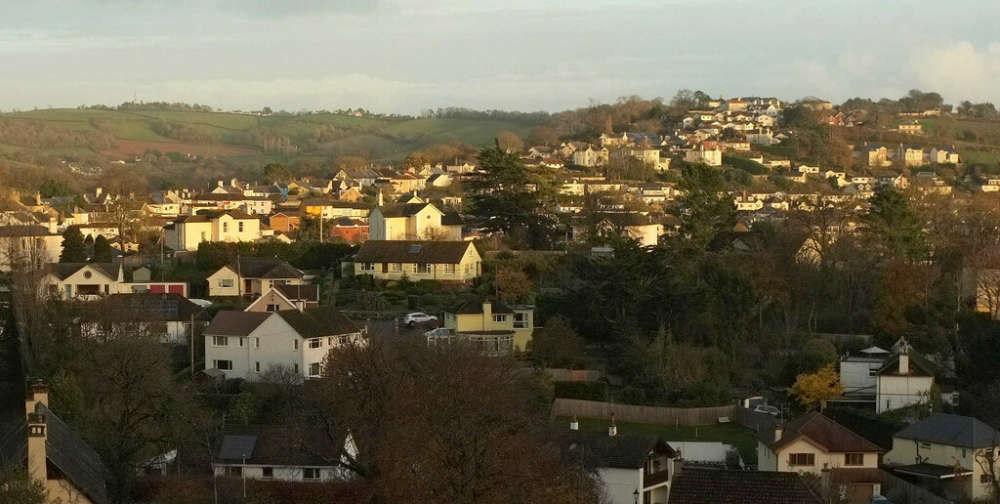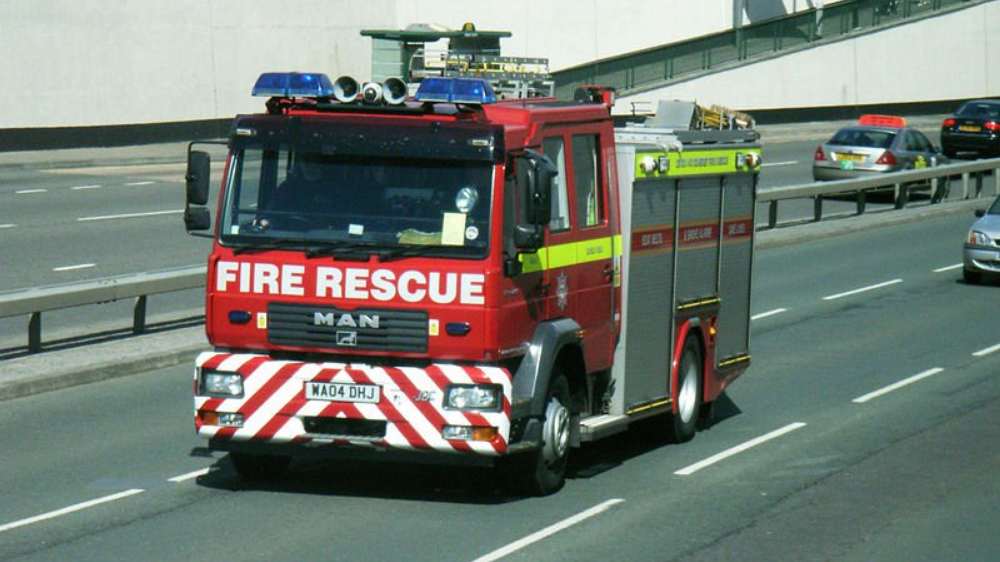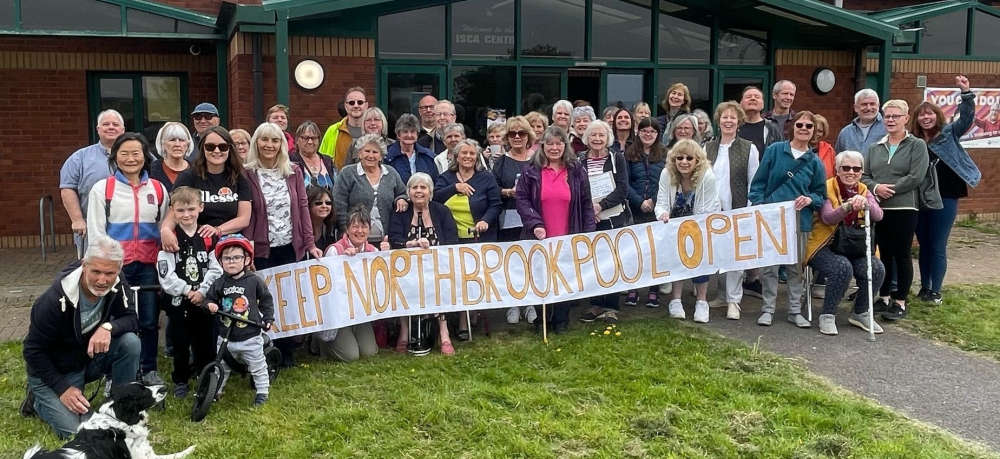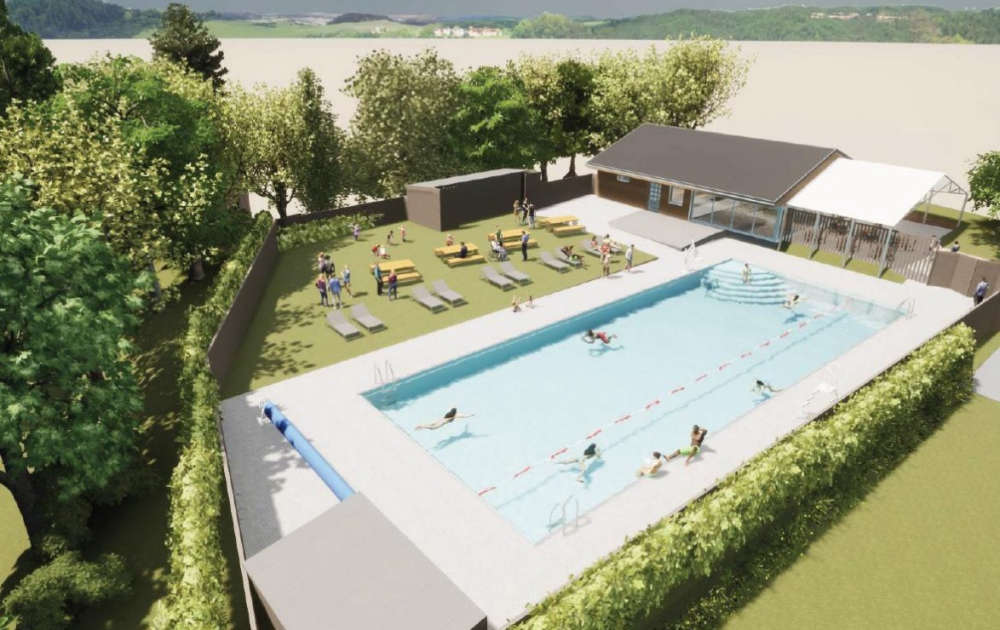
'Zero tolerance' on long-term unoccupied properties
Teignbridge councillors have backed plans to tackle the number of empty homes in the area and bring them back into use.
Members of the ruling executive heard on Monday that, despite the total number more than halving since 2008, 345 homes in the district are still empty – 131 of which have been unoccupied for two years or more and are classified as ‘truly empty’.
The overall figure increased last year by 22: blamed on the impact of the pandemic and the temporary slowdown of the housing market during stricter lockdowns.
Councillors approved a policy to try to reduce the number of long-term empty homes, which includes possible enforcement action, compulsory purchase orders and enforced sales if owners fail to co-operate.
Presenting the empty homes policy document, Councillor Martin Wrigley (Lib Dem, Dawlish North East), portfolio holder for communities, housing and IT said: “We all know an empty home on the street can be not only problematic but a real source of problems.
“To get a better gauge we need to look at empty homes in two ways. Firstly, homes that are between occupants, waiting to obtain probate or undergoing renovation or a myriad of other specific reasons. Secondly, homes that are, as we might say, genuinely empty.
“Genuinely empty homes, or more precisely ones that have been empty for two or more years, and so start to attract increased council tax, can be a blight on their neighbours and the source of real issues in the street. This is a much lower number. This is about 131 in the district, of which under half have been empty for five years or more.”
Properties that do not classify for exemptions pay double council tax after being empty for two years: three times the rate after five years and four times after 10 years or more.
Cllr Wrigley also revealed that in the last two years the council had taken formal action on 59 properties.
The empty homes policy document states: “Bringing long term empty homes back into use helps the council address the needs of the district as well as attracting grant funding from central government – New Homes Bonus (NHB). In Teignbridge £27.6 million NHB has been raised over a 12 year period.”
“Targeting those properties which have been empty between six months and two years is more likely to have an impact on NHB and increase income for Teignbridge District Council, whilst properties which have been empty for two years or more are more likely to have a detrimental impact on neighbours and their surrounding area.”
It says the council will work: “directly and assertively with owners of unfurnished properties empty between six months and two years by encouraging them and providing tools and mechanisms to bring their property back into use”.
The document adds: “Where owners do not respond to attempts to communicate with them and there is no evidence that they are taking action to bring about reoccupation, or where the property has been identified as ‘high risk’ using the empty property risk assessment, a zero tolerance approach will be adopted and the most appropriate enforcement action considered to bring the property back into use.”
Discussing the proposals, Councillor Stephen Purser (Con, Teign Valley), asked if councillors could be told confidentially which properties are empty in their wards.
“Obviously being a rural patch, I suspect there are some little lane places that have been overgrown for years and possibly nobody knows about them,” Cllr Purser said.
In response, Councillor Alan Connett (Lib Dem, Kenton & Starcross and leader of the council), said GDPR rules would likely not allow the council to tell a councillor which homes were empty in their wards. “In my case for example it’s usually the neighbours who tell me. I can think of several in my ward that have been reported to me by concerned residents,” Cllr Connett said.
Cllr Wrigley added: “Certainly in my patch I’m told frequently about when there is an empty home. There was one in Dawlish in a particular street that was causing real problems for the neighbours. Working with the team, we’ve now got that one being restored and I think someone’s moving into it relatively soon.”
The council said that due to limited resources, it will prioritise Newton Abbot (including Kingskerswell and Kingsteignton), Dawlish and Teignmouth due to the "high housing need" in these areas.
BUDGET SURPLUS
It came as the executive also heard that the authority is currently operating at a budget surplus of £86,570 for the current financial year, as of the end of May 2021.
Corporate services are forecast to be just over £200,000 under budget, but leisure/green space service income has been hit hard by the pandemic and general rental income has been reduced.
 Fire destroys two part-built houses on new development
Fire destroys two part-built houses on new development
 Devon man to run round mainland Britain
Devon man to run round mainland Britain
 Decision on Exeter swimming pool due this week
Decision on Exeter swimming pool due this week
 South Hams tourism down, but average spending up
South Hams tourism down, but average spending up
 More East Devon council workers leaving
More East Devon council workers leaving
 Dartington pool expected to reopen
Dartington pool expected to reopen
